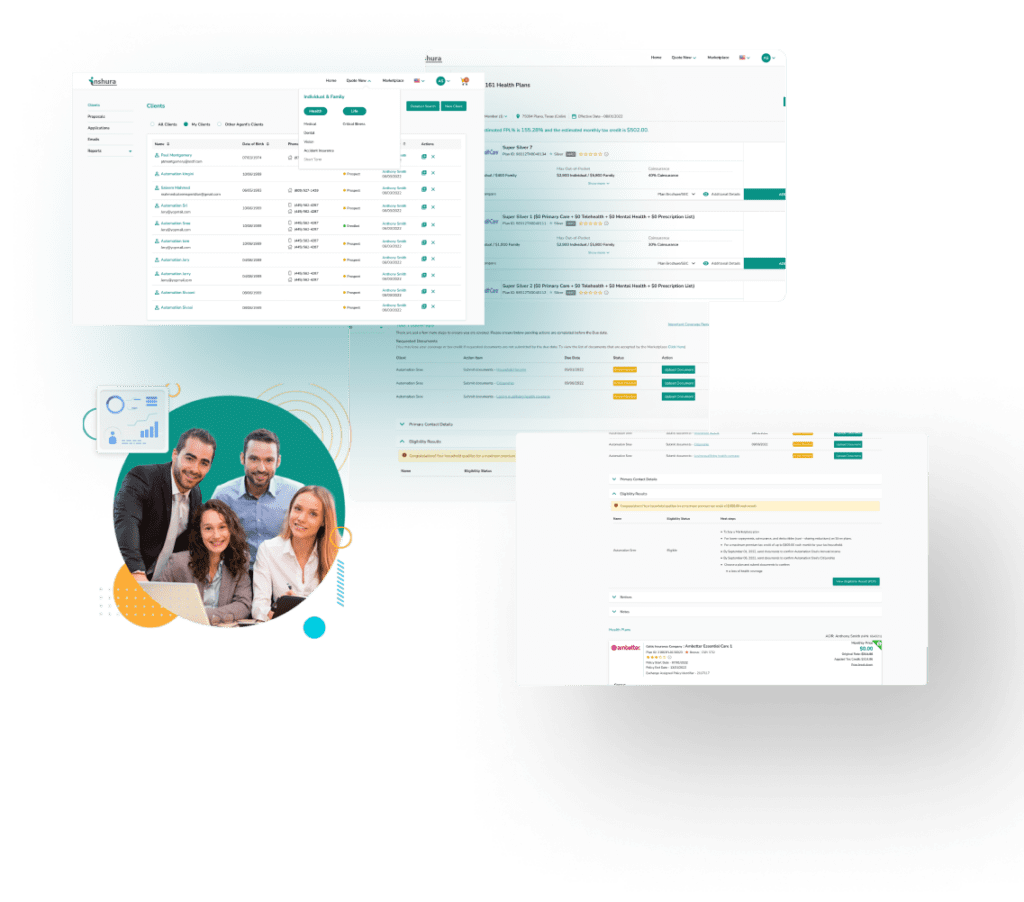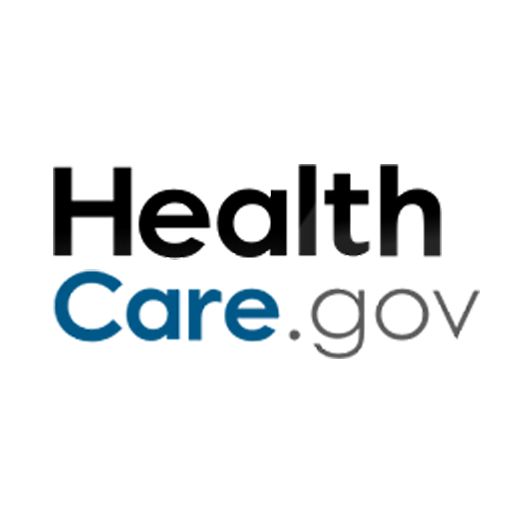Understanding the way in which insurance agents are compensated is important when making the decision to become independent and also to make sure you are negotiating well with carriers.
The Commissions
There is no one compensation model for agents used by all carriers. Depending on the carrier, new and renewal commissions can range from 10% to 13%. Hybrid carriers may pay higher commissions on new business while reducing the commission on renewals.
Independent agents can earn higher commissions than captive agents due to their profitability, size, and ability to place business with the right carriers.
Most experienced agents know that commissions are only half the story. Client retention is where agents make their money. Independent carriers usually pay the same renewal commission as they did for the new policy. If an agent retains a client, he or she will continue to receive commissions each year as long as the client remains with the agent. It is possible for insurance agents to turn a stream of money into a river if they stay in the business for a long period of time and retain their clients.
It is typical for agents to retain 85% of their clients, with some agents even exceeding 90%. You will need to replace 150 policies before you can continue to grow if you have 1,000 policies and lose 15% a year. For this reason, retention is thought to be even more important than generating new business.
Profit Sharing
A carrier’s profit-sharing incentive is typically reserved for their largest independent agencies. Their largest independent agencies typically receive this incentive. Incentives will be provided to agencies by carriers when they achieve growth and profitability targets. In addition to the commissions discussed above, these incentives are also available.
As an example, an insurance carrier may provide a 2% bonus if an agency’s annual policy in force increases by 10+% and its loss ratio remains under 55%. The profit sharing at $200K could be substantial for a $10M book of business. Due to the size requirements, many agencies may not qualify. Choosing the right alliance that shares profit sharing with dollar one agents can be beneficial in this case.
Ensure that your alliance discloses this profit-sharing opportunity if you decide to use this model. Increasing levels of premium placed with a single carrier will provide agents with more profit sharing opportunities.
Negotiated Compensation
The more premiums agencies place with a carrier, the more opportunities there will be to receive enhanced carrier compensation. Additional 1-5% or more, depending on the carrier, is often an incentive to drive traffic to the carrier. A carrier that pays enhanced compensation most likely has an established partnership and a large book of business.
When you establish an agency relationship with an aggregator or alliance, this additional compensation may be received immediately if the organization can negotiate it, discloses it to their agents, and pays out the enhanced commissions.
Bonuses and incentives
Carriers often offer per policy bonuses for lines of business sold to larger agencies and alliances. Carriers often do this when they are trying to grow a product line, enter a new market, or gain market share. Incentives can range from $50-$100+ per policy sold, they can be monthly bonuses, or they can be spin-the-wheel events for money. Your monthly revenue can be boosted by these commissions, which are used by the carriers to drive agent behavior.
About Inshura
Inshura is a FREE online ACA insurance tool, perfect for agents and agencies! Agents can boost their ACA and other enrollments using this easy-to-use solution for quoting, enrolling, automating renewals, and managing clients!
And inshura is CMS EDE PHASE III certified, so it automatically exchanges data directly from the Marketplace.






